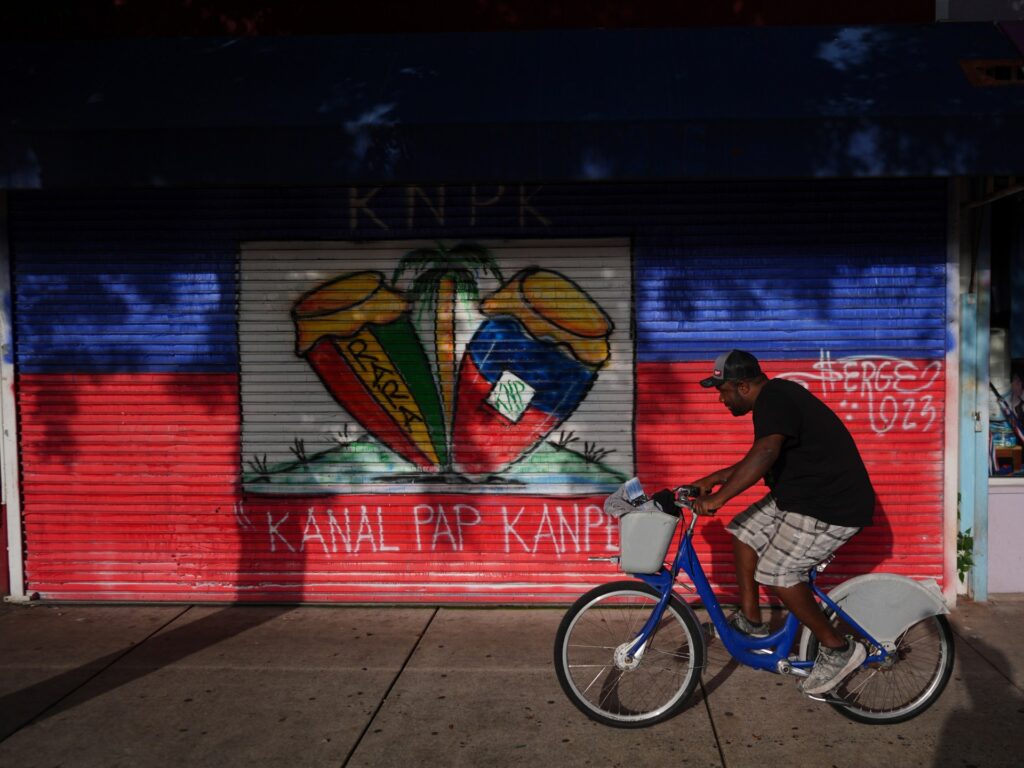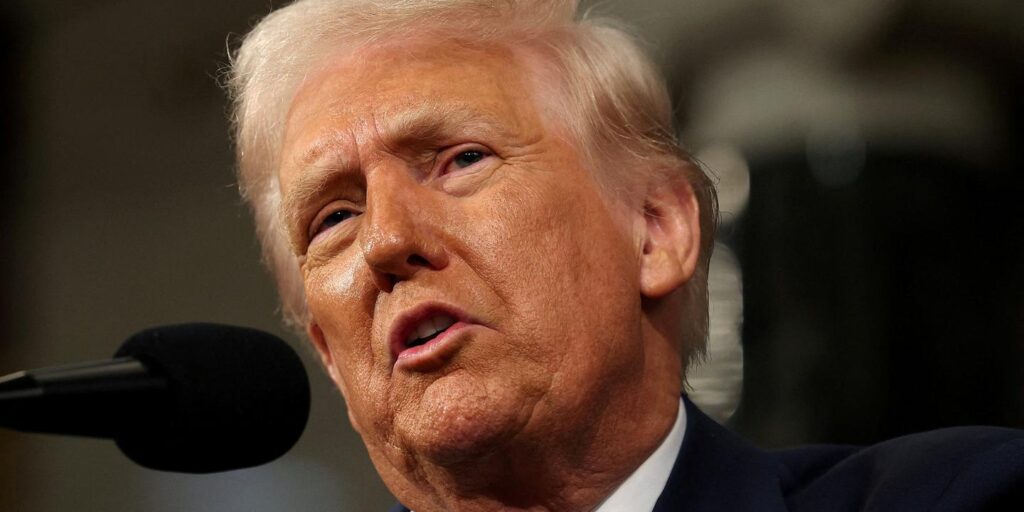Move comes after Trump administration labeled Haiti’s Viv Ansanm gang a ‘foreign terrorist organisation’.
The administration of President Donald Trump has said it will deport Haitians living in the United States as legal permanent residents if they are deemed to have “supported and collaborated” with a Haitian gang.
The announcement on Monday is the latest move against Haitians living in the US amid the president’s mass deportation drive, and comes as the Trump administration has sought to end two other legal statuses for Haitians.
The update also comes as rights groups are questioning how the Trump administration determines connections to organisations it deems “terrorist organisations”.
In a statement, US Secretary of State Marco Rubio did not reveal how many people were being targeted or any names, saying only that “certain individuals with US lawful permanent resident status have supported and collaborated with Haitian gang leaders connected to Viv Ansanm”.
Following the determination, the Department of Homeland Security can pursue the deportation of the lawful permanent residents, also known as green-card holders, Rubio added.
As the Trump administration has sought to ramp up deportations, the State Department has been invoking broad powers under the Immigration and Nationality Act to attempt to deport people living in the US on various visas, including as permanent legal residents or students.
Under the law, the state secretary can expel anyone whose presence in the US is deemed to have “potentially serious adverse foreign policy consequences for the United States”.
The administration has sought to deport four people under the law for their pro-Palestine advocacy, which the State Department repeatedly equated, without evidence, to anti-Semitism and support for the “terrorist”-designated group Hamas.
All four people are challenging their deportations and arrests in immigration and federal courts.
In the statement regarding Haitians on Monday, Rubio said the US “will not allow individuals to enjoy the benefits of legal status in our country while they are facilitating the actions of violent organisations or supporting criminal terrorist organisations”.
In May, the State Department labelled the Viv Ansanm and Gran Grif gangs “foreign terrorist organisations”, calling them a “direct threat to US national security interests in our region”.
That followed the February designation of eight Latin American criminal groups as “terrorist organisations”, including the Venezuelan-based Tren de Aragua.
The administration has used alleged affiliation with the gang to justify swiftly deporting Venezuelans living in the US without documentation under an 18th-century wartime law known as the Alien Enemies Act.
Critics have said the removal flouted due process, with court documents indicating that some of the affected men were targeted for nothing more than tattoos or clothing said to be associated with the group.
Haitians singled out
The Haitian community living in the US has been prominently targeted by Trump, first during his campaign, when he falsely accused Haitian migrants in Springfield, Ohio, of “eating” pets.
Since taking office, the administration has sought to end several legal statuses for Haitians, including a special humanitarian parole programme under former President Joe Biden, under which more than 200,000 Haitians legally entered the US.
In May, the US Supreme Court allowed the Trump administration to end the special status.
The Trump administration has also sought to end temporary protected status (TPS) for Haitians, a legal status granted to those already living in the US whose home countries are deemed unsafe to return to.
In late June, despite the violent crime crisis gripping Haiti, US Secretary of Homeland Security Kristi Noem declared that the Caribbean nation no longer met the conditions for TPS.
However, earlier this month, a federal judge blocked the administration from prematurely halting the programme before its currently scheduled end in February 2026.


